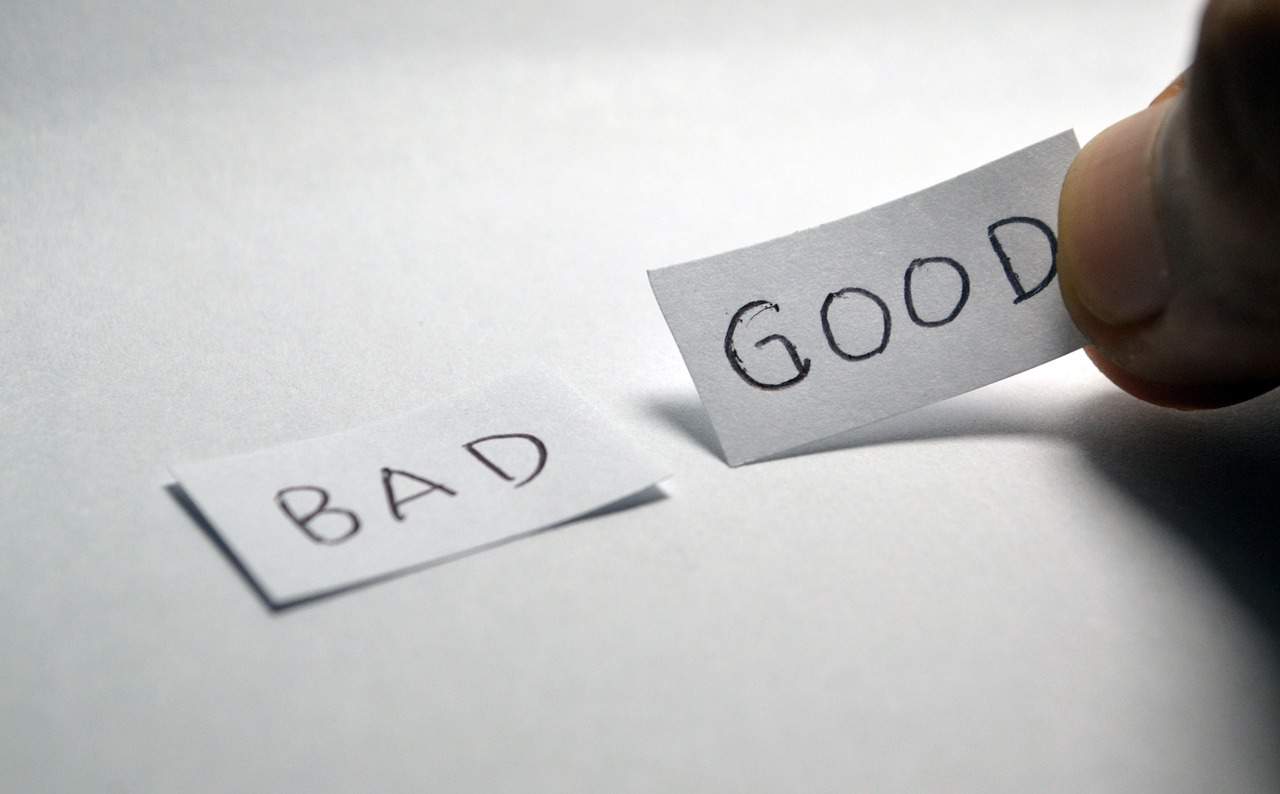
There’s an ancient parable about a wise farmer who went through different trials and tribulations with the same response: “Good or bad? Hard to say.”
This proverb can ring true for planners, especially when they’re presented with a situation that could be deemed “bad” by attendees. A speaker doesn’t show. The caterer makes the wrong dish. A rainstorm forces a cocktail reception to be moved indoors.
In a recent TED Talk, Heather Lanier discusses the parable and how the ideas determining what’s “good” and what’s “bad” are often incomplete stories that we tell ourselves. She discusses the example of her daughter, Fiona, who has Wolf-Hirschhorn syndrome, which is a rare genetic condition that results in developmental delays. While, at first, Lanier believed that her daughter having this condition was “bad,” she quickly realized that she had to release any cultural biases about what is good and bad, especially when it comes to disabilities.
Fiona saw several therapists in her first year that saw her disabilities as problems that needed to be solved. Then, she started seeing therapists who saw her strengths and found her differences to be reason to celebrate. With this new attitude, Fiona has found ways to communicate and develop skills that allow her to take life as it comes.
Meeting planners are too often focused on planning the “perfect” event, meticulously organizing every detail up to the last cocktail being poured. But what if something didn’t go according to plan? What if, instead, the speaker not showing up instead allowed time for attendees to do some creative team building? Then, would that no-show be good or bad? It’s definitely hard to say.
Watch the TED Talk to understand why rewriting your event’s story could ultimately help you turn your next event faux pas into a happy ending.










